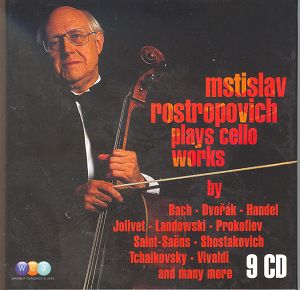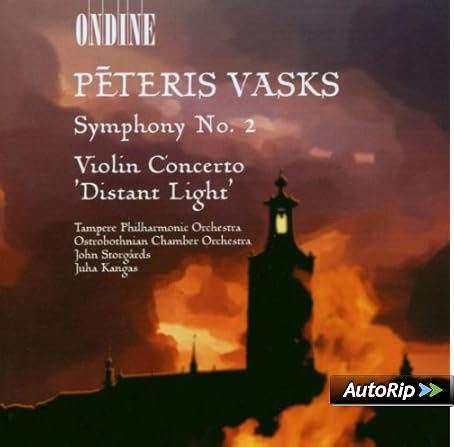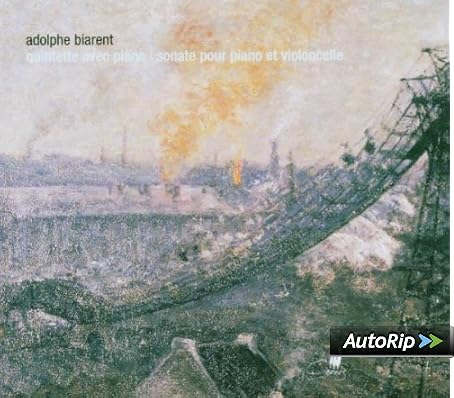Mange glade anmeldere på Amazon. Her er en som kommer med interessante detaljer.
The sound quality of the symphonies vary, depending on where the recording comes from. I list that information here from the booklet included with the box set. Recordings from Carnegie Hall sound better, comparable to Deutsche Grammaphon early stereo recordings. Recordings from NBC Broadcasts generally sound like early live recordings, comparable to the sound quality of EMI's recording of Furtwangler's performance of the Ninth (Great Recordings of the Century).
No. 1 - Recorded December 21, 1951 in Carnegie Hall
No. 2 - Recorded November 7, 1949 & October 9, 1951 in Carnegie Hall
No. 3 - NBC Broadcast of December 6, 1953 in Carnegie Hall
Note: Unfortunately the worst sound-quality of the set; some coughs are audible in the quiet parts; I want to go back in time and give the guy a cough drop. But the performance is incredible; indeed an honorable mention for this work in "1001 Classical Recordings You Must Hear Before You Die". I think it's worth it to have Toscanini's performance over one with better sound but muddled conducting (ahem...Karajan 1963...ahem)
No. 4 - NBC Broadcast of February 3, 1951 in Carnegie Hall
No. 5 - NBC Broadcast of March 22, 1952 in Carnegie Hall
Note: Fortunately, this one is an exception and sounds much better than the other broadcasts. I think Toscanini does the BEST rendition of the famous eight note intro (even better than Kleiber's too melodramatic reading).
No. 6 - Recorded January 14, 1952 in Carnegie Hall
Note: Smooth and lush sound, a beautiful piece in Toscanini's hands that doesn't get "smothered" in "sentimentality" (quoted from the booklet). The booklet states that Toscanini's "retouchings of Beethoven's orchestration" in the 4th mvmt's storm provide one example to counter the "absurd notion" that Toscanini played everything "exactly as written". What, I ask, is the problem with playing pieces exactly as written? I guess we can't give Beethoven too much credit (sarcasm).
No. 7 - Recorded November 9, 1951 & NBC broadcast of November 10, 1951 in Carnegie Hall
No. 8 - Recorded November 10, 1952 in Carnegie Hall
No. 9 - Recorded March 31-April 1, 1952 in Carnegie Hall
Note: Best sound of them all, and the perfect finish is worth the whole set. Compare Toscanini's 2nd mvmt time - 13:09 - to Furtwangler's 12:00, Karajan's 11:00, and Fricsay's 10:32, and decide of Toscanini conducts to fast. An essential Ninth.
Audiophiles with high performance speakers will probably settle for inferior (or less faithful) performances of these symphonies for high-tech recordings, so I don't recommend this for them. But I do recommend this for anyone who wants to hear all nine of Ludwig van Beethoven's symphonies.
My original review:
As a new fan of Beethoven, I searched for a set of his nine symphonies to listen to for the first time in my life. Needless to say, it had to be near perfection (and still fit into my college-student budget), and so I came upon this set of Toscanini's performances around 1950. A little research said that this was certainly a must-have, and a quick glance at the incredible price sealed the deal. As soon as it arrived, I spent the next couple of weeks finding a little place to be alone and listen to an entire symphony, and every single time it was amazing.
The sound quality is fine...reading the reviews made me worry that there'd be static or fuzz throughout the recording (bringing me bitter memories of my Benny Goodman at Carnegie Hall set, where the static overwhelmed the music). But no, the beautiful sound came through clear and pure.
I would recommend this even to beginners at classical music, since Toscanini's performances are powerful, intense, fun, and glorious...whatever Beethoven would have wanted.












